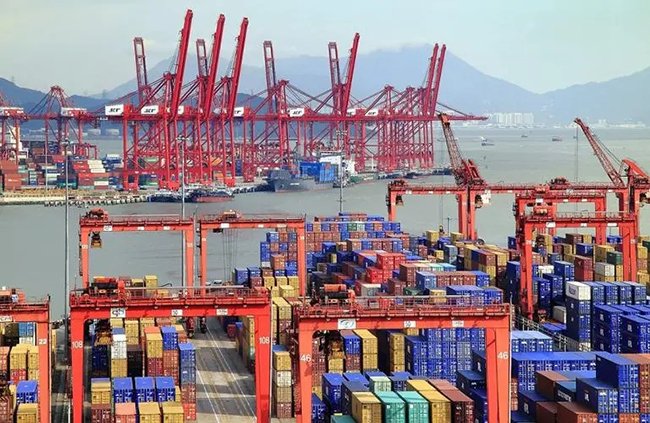Choosing a customs clearance service provider that suits your needs is a key business decision, as it directly affects the efficiency, cost and operational smoothness of the goods. Here are the key factors to consider when choosing a customs clearance provider:

- Service qualification and reputation:
First verify the qualification of customs clearance service providers, such as company licenses, tax registration certificates, etc., to ensure that they are legally registered and qualified to carry out customs clearance business.
Through the inquiry of relevant industry associations, regulatory information or Internet evaluation, to understand the reputation of service providers, such as customer evaluation, whether there is a bad record.
- Professional ability and experience:
Inspect whether the service provider has rich professional knowledge and experience, and whether it can master customs, commodity inspection and other policies and regulations.
Ask the vendor if they have handled customs clearance cases similar to your type of goods, and their solutions and effectiveness.
- Service content and scope:
Specify the specific service content that service providers can provide, such as customs declaration, inspection, tax processing, cargo inspection and coordination.
Check if they offer value added services such as door-to-door, warehousing, and delivery.
- Cost effectiveness:
Under the premise of ensuring the quality of service, compare the charging standards of different service providers and choose the cost-effective service providers.
Take care to avoid hidden charges and make sure all fees are clearly stated in the contract.
- Contract Terms:
Before signing a contract, read the contract terms carefully to ensure that the rights and interests of both parties are clearly protected.
Pay special attention to the terms of service term, fee settlement, liability for breach of contract, etc.
- Service attitude and communication:
Choose service providers with good service attitude and able to actively respond to customer needs.
Ensure that the service provider has good communication skills and can timely and accurately convey the information such as the progress of customs clearance.
- Technical support:
Find out if your provider offers digital services, such as online search tools, real-time tracking systems, etc., to improve productivity and transparency.
- Risk Management:
Ask your provider how they deal with possible risks and delays, and whether they have safeguards in place.
To sum up, when choosing a customs clearance service provider, it should be comprehensively evaluated from multiple perspectives to ensure that you choose a professional and reliable service provider that suits your needs.

